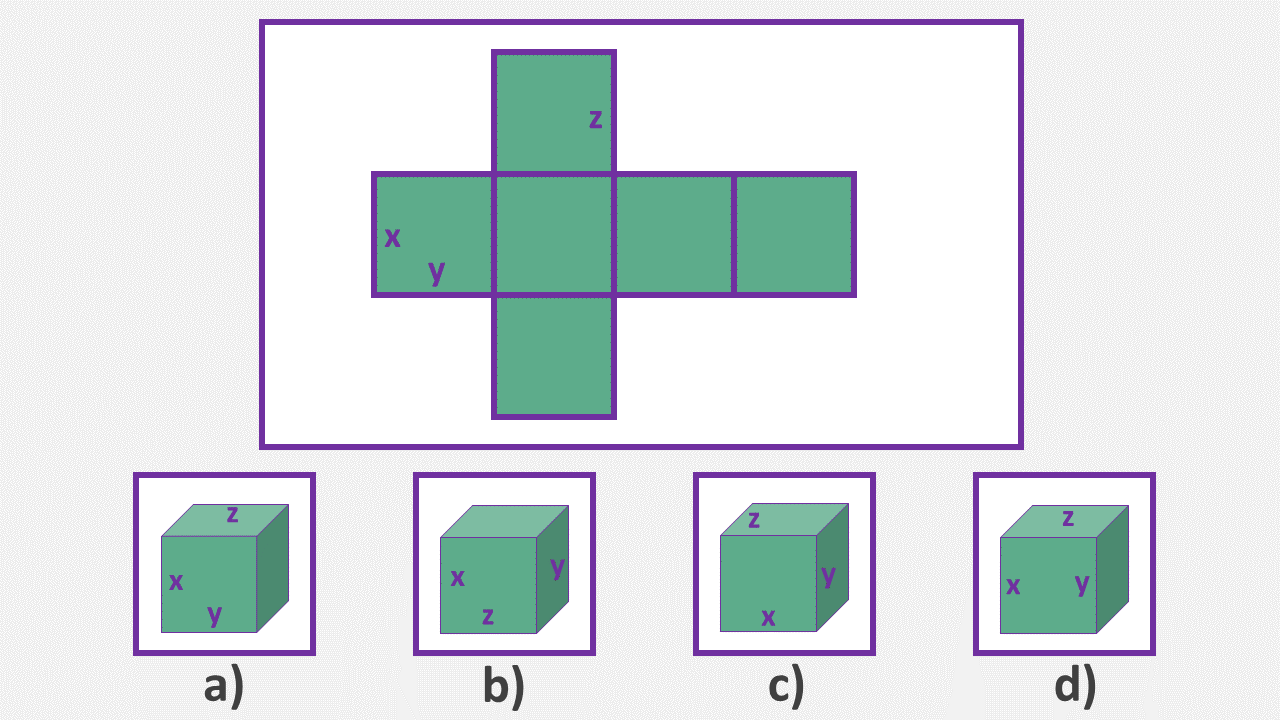How to Prepare Effectively for Aptitude Tests
Sep 15, 2025
It is perfectly normal to feel some stress and nervousness when you are told that you need to prepare for an aptitude test as part of the selection process.
This can be a particular problem if you haven’t taken this type of test before.
Most of the nervousness is simply a fear of the unknown and a feeling that you will ‘let yourself down’ and that the test will not be a fair reflection of your strengths and abilities.
The most effective solution is to take direct action and prepare for aptitude tests in the most systematic and efficient way possible.
You can influence your scores in these tests significantly by understanding the question types and practicing them.
Not only will this improve your test scores and increase the chance of you getting to the next stage of the selection process, but by taking positive action you will tackle the cause of the stress directly.
Aptitude tests are structured, pencil and paper (or sometimes computer-based) exercises, often presented in the form of multiple-choice questions.
They are designed to assess your reasoning abilities independently of your academic or cultural background.
Prepare for Your Aptitude Test with JobTestPrep
The tests that are used in the job recruitment and selection process can be classified as follows:
Abstract Reasoning Tests
Assess your ability to understand complex concepts and assimilate new information beyond previous experience.
The test items require you to recognize patterns and similarities between shapes and figures.
As a measure of reasoning it is independent of attainment and can be used to provide an indication of intellectual potential.
Numeric Ability Tests
Assess your ability to use numbers in a logical and rational way.
These tests require only a basic level of education in order to successfully complete and are therefore measuring numerical ability rather than educational achievement.
The test items involve number series, numerical transformations, relationships between numbers and numerical computations.
Verbal Ability Tests
Assess your ability to perceive and understand concepts and ideas expressed verbally.
While these test are designed to measure reasoning ability rather than educational achievement, it is generally recognised that verbal reasoning test scores are sensitive to educational factors.
Spatial Ability Tests
Assess your ability to manipulate shapes in two dimensions or to visualize three-dimensional objects presented as two-dimensional pictures.
There is a strong correlation between high spatial visualization skills and success in science and mathematics.
Mechanical Aptitude Tests
Assess your understanding of physical and mechanical principles including an understanding of cause-effect relationships between mechanical components.
Mechanical reasoning tests are used to select for a wide range of jobs including the military (Armed Services Vocational Aptitude Battery), police forces, fire services, as well as many engineering occupations.
Some organizations apply psychometric testing in ways that are directly relevant to the job.
For example, you may only have to take a numerical reasoning test if the job you're applying for requires good numerical skills.
However, many organizations use a battery of tests as a matter of routine irrespective of the particular demands of the job.
In either case your best strategy is to ask what types of test you are expected to take and prepare for aptitude tests thoroughly.
Prepare for Your Aptitude Test with JobTestPrep
Aptitude Tests Example Questions
Abstract Reasoning Tests
Q1. Which figure comes next in the sequence?
⬜ ▲ ⬛ ⬜ ▲ ?
a) ⬛
b) ⬜
c) ▲
d) ◼
The correct answer is: a) ⬛
The sequence repeats in the order square → triangle → filled square. After ⬜ ▲, the next must be ⬛.
Q2. In the following series of shapes, one is missing:
◼ ◻ ◼ ◻ ?
a) ◻
b) ◼
c) ◯
d) △
The correct answer is: b) ◼
The pattern alternates filled square and empty square. After ◻, the next must be ◼.
Numeric Ability Tests
Q1. What is the next number in the series: 3, 6, 12, 24, ?
a) 36
b) 46
c) 48
d) 54
The correct answer is: c) 48
Each number doubles the previous one (3 × 2 = 6, 6 × 2 = 12, etc.). The next is 24 × 2 = 48.
Q2. If a train travels 120 km in 2 hours, what is its average speed?
a) 40 km/h
b) 50 km/h
c) 60 km/h
d) 70 km/h
The correct answer is: c) 60 km/h
Speed = distance ÷ time. 120 km ÷ 2 hours = 60 km/h.
Verbal Ability Tests
Q1. Choose the word that is most similar in meaning to 'reliable':
a) Unstable
b) Trustworthy
c) Temporary
d) Weak
The correct answer is: b) Trustworthy
'Reliable' means dependable or trustworthy. The other words are either opposite or unrelated.
Q2. Read the statement:
“All accountants are good with numbers. Sarah is good with numbers.”
Which conclusion follows?
a) Sarah is an accountant.
b) All accountants are like Sarah.
c) Sarah may or may not be an accountant.
d) Sarah is not an accountant.
The correct answer is: c) Sarah may or may not be an accountant.
Being good with numbers does not prove Sarah is an accountant; it only shows she shares the quality mentioned.
Spatial Ability Tests
Q1. Which of the following 3D shapes can be formed by folding this net?

The correct answer is: a)
Q2. A shape is rotated 90° clockwise. Which option shows the correct new orientation?
a) Same as original
b) Rotated left
c) Rotated right
d) Upside down
The correct answer is: c) Rotated right
Explanation: A 90° clockwise rotation means the shape turns to the right.
Mechanical Aptitude Tests
Q1. A bicycle chain transfers motion from the pedals to the wheels. This is an example of:
a) Leverage
b) Pulley system
c) Gear mechanism
d) Hydraulic pressure
The correct answer is: c) Gear mechanism
The bicycle uses a chain and gear system to transfer rotational motion.
Q2. If gear A turns clockwise, which way does gear B turn? (two gears interlocked)
a) Clockwise
b) Anti-clockwise
c) Both clockwise
d) Neither
The correct answer is: b) Anti-clockwise
Explanation: Interlocking gears always rotate in opposite directions.
Prepare for Your Aptitude Test with JobTestPrep
Frequently Asked Questions
How can I prepare for aptitude tests effectively?
The best way to prepare is by practising sample aptitude test questions regularly. Focus on understanding different test types — numerical, verbal, abstract, spatial and mechanical — and work on timed practice to build speed and accuracy.
What are the most common types of aptitude tests used in job recruitment?
The most common aptitude tests include numerical reasoning, verbal reasoning, abstract reasoning, spatial ability and mechanical aptitude tests. Employers may use one or a combination depending on the role.
How long does it take to improve aptitude test scores?
Improvement depends on your starting point, but most candidates see progress within a few weeks of consistent practice. Using a structured resource such as an aptitude test app can help accelerate learning.
Do employers expect perfect scores on aptitude tests?
No — employers use aptitude tests to compare candidates fairly. High scores improve your chances, but consistent preparation and balanced performance across test sections matter more than perfection.
Can practising aptitude tests really improve my results?
Yes. Research shows that practising aptitude tests reduces anxiety, increases familiarity with question styles and significantly improves test performance. Repeated practice is one of the most effective ways to boost your score.
Prepare for Your Aptitude Test with JobTestPrep
Final Thoughts
Aptitude tests may feel daunting at first, but with the right preparation, they can become an opportunity to showcase your strengths. By understanding the different types of tests — from numerical to abstract reasoning — and practising regularly, you can reduce stress, improve your confidence and boost your scores. Remember, consistent effort is more valuable than last-minute cramming. Use reliable practice tools, track your progress and focus on building familiarity with the question formats. With a structured approach, you’ll be well prepared to perform at your best in any aptitude test.

